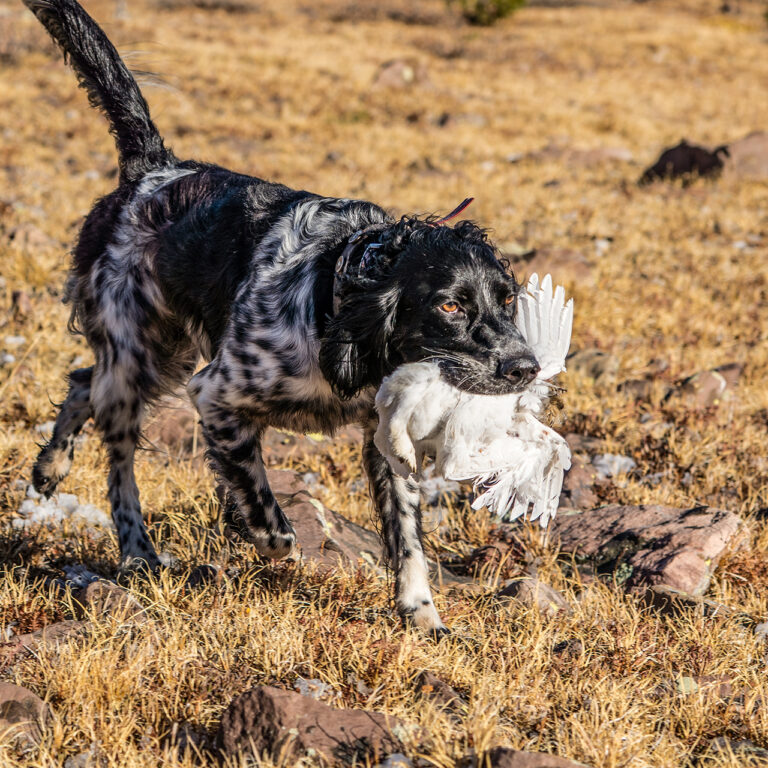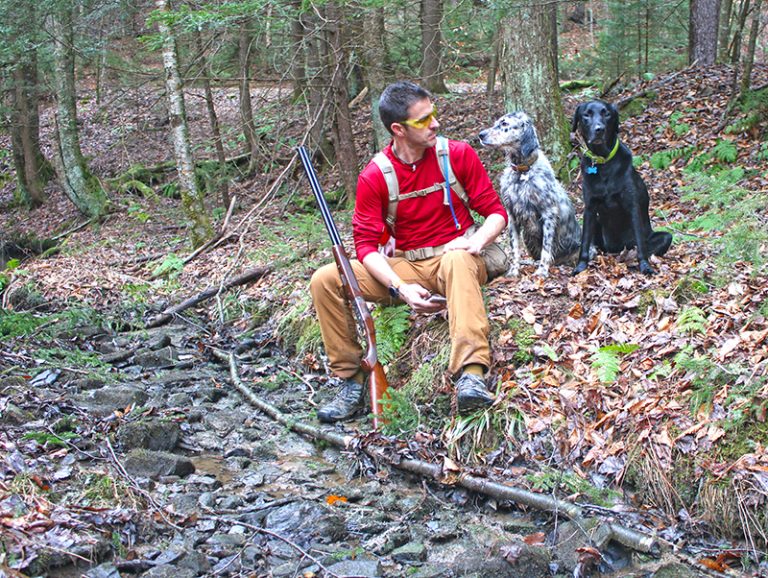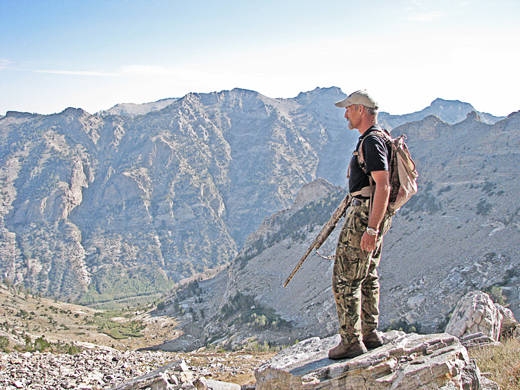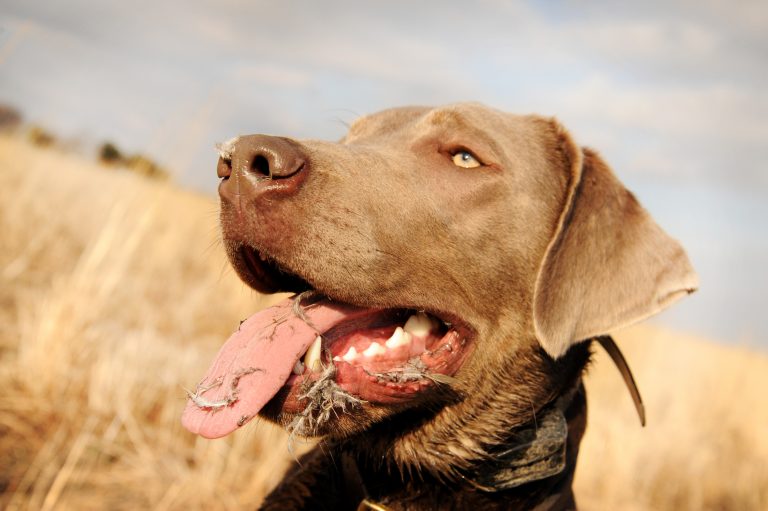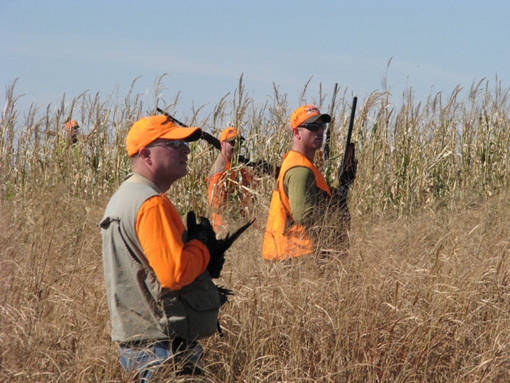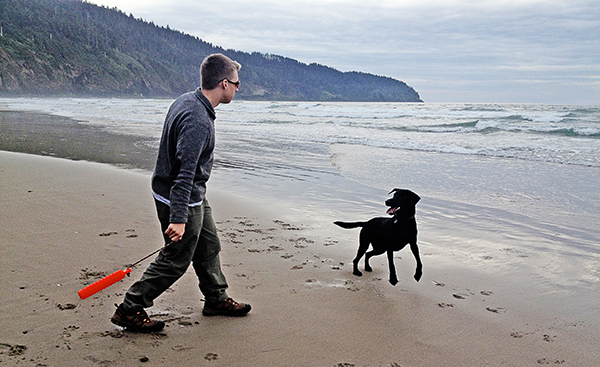The Hunting Singularity
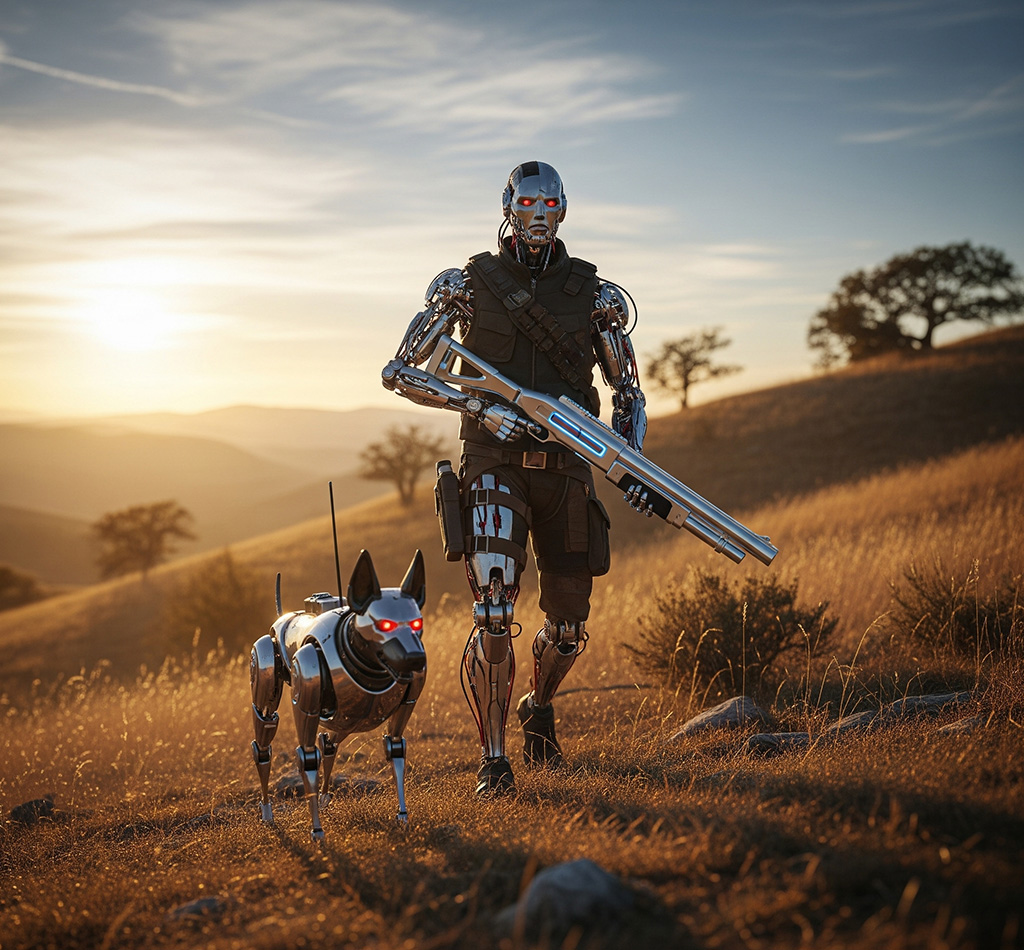
The Singularity is a hypothetical future point where self-aware machines run improvement cycles resulting in super-intelligence that is uncontrollable. Basically, humans create machines that make human ideas and intelligence obsolete and irrelevant.
In ways it sounds like a far off time somewhere in outer space. But dig into interviews with some of today’s tech gurus – Elon Musk, Sundar Pichai, Jeff Bezos – and they point to dates much nearer. There are competing theories on the impacts of the Technology Singularity to humanity. But, I tend to think of all things in relation to bird hunting – it’s how I’m wired.
I started contemplating the encroachment of technology into hunting because of the popularity of GPS tracking collars. A number of years ago on a hunt in Washington I headed out on a morning excursion with some folks I recently met. A young woman with a massive, male German Shorthair was part of this group. We all agreed on a general plan of attack for hunting this mountain which had a two-track to the peak. We left a vehicle at the bottom and car-pooled to the upper reaches to hunt back down the mountain and regroup at the low altitude parking spot. There were a total of four bird dogs along for this hike. It was fairly open country. Knowing how my dogs hunt I had little concern of losing visual contact with them. The woman and her Shorthair were new to wild bird hunting, so she strapped a tracking collar to his chiseled neck.
At the top, we dropped the tailgate and I’ve never seen a dog disappear so fast in my life. That liver and white streak shot over the next ridge before I had even tightened my boot laces. That’s the last we saw her or her dog for the next four hours. The rest of our party hunted down to the low truck and eventually the woman met us there. She blew a whistle, pinged her dog’s collar and a short time later that wild beast reappeared wearing a shit-eating grin, barely even breathing heavy.
My mind was blown. I had never seen anything like it. I learned from some follow-up questions that this young lady had not gotten close enough to see more than brief flashes of her dog for the entire hike. Her handheld unit gave her a relative path and informed her that the dog possibly pointed a couple of times – though obviously it didn’t hold or the birds didn’t hold.
I had no grasp of this type of hunting and since I was new to the area I thought maybe it was common practice here. Trying not to offend anyone, I simply asked what was the goal. I will never forget her response, “I just want my dog to be the best he can be.” I’ve never been sure what exactly that meant, but I was certain of one thing: without that GPS collar her version of “hunting” would not be possible. That day had a profound impact on my hunting future. I decided then that I never wanted my ability to hunt birds to be dependent upon technology.
What is the Hunting Singularity?
Without some increment of hunting technological advancement we would still be hurling smooth stones from a leather sling at birds. For me, the line is pretty clear — technology should be an enhancement to the hunting experience, BUT not a requirement to hunt. Modern shotguns are a great example of this progression; they certainly enhance the ability to harvest birds. But I could sill hunt with a smooth stone and sling. I’m guessing my averages for connecting with birds would drop substantially, but I would enjoy the experience nonetheless.
As I see it, the Hunting Singularity is when humans are no longer capable of hunting without the assistance of technology. That may sound fantastical, but I have personally witnessed the onset symptoms. Even beyond hunting, technological dependence is permeating nearly all outdoor activities.
Take the evolving use of Global Positioning Systems. GPS was made available for civilian use by the military in 1983. It took just a short 35 years before nearly everyone is a walking GPS unit at all times via smart phones. I have a friend so terrified of being lost in the backcountry that they carry three separate GPS devices and a satellite messenger at all times. Instead of trying to become proficient in navigation without technology, their solution is to throw more technology at it. And in ways I get it. Learning to navigate without tech, how to prevent getting lost without it, is more difficult and certainly not guaranteed. Paper maps and dead reckoning may feel antiquated. Why learn a skill made obsolete by machines?
While I debate which tech crosses the Hunting Singularity line, the machines get smarter and threaten to render opinions of their worth useless.
Will artificial intelligence care about wild places and wildlife? What value will machines derive from wild places? It’s hard to envision any. Wildlife doesn’t supply power or raw materials. Many people have a spiritual connection with nature and get inspiration and rejuvenation from wild places. None of that seems meaningful to machines. And as people become more integrated with technology, it also appears that wild places become less significant to them.
Think of all the dystopian future movies released in which the world is technologically advanced or controlled by machines – The Matrix, Terminator, Blade Runner, Wall-E. Where is the natural beauty in that science fiction? It’s certainly possible that humans are imagining it all wrong. But if machines are self-aware and independently intelligent will they find any value in other species including humans?
Maybe the machines can be helpful to the plight of wild places and endangered wildlife. Biologists should be loosing machine learning on the persistent and continued declines of upland bird species. It’s an equation that humans have now worked on for decades without success. Maybe if we get our future robotic overlords interested and invested in the recovery of upland birds they will find some value in humans as well.
For the record, at times I use GPS collars with my bird dogs. They are a valuable safety device that protects dogs from getting lost and also supplies data on time and distance afield which can help prevent exhaustion and injury. I do not utilize on-point alerts, nor do I actively track the dogs while we hunt. That crosses my line, and I need to be able to hunt even after the humans set off an electro-magnetic pulse to kill all the machines.

